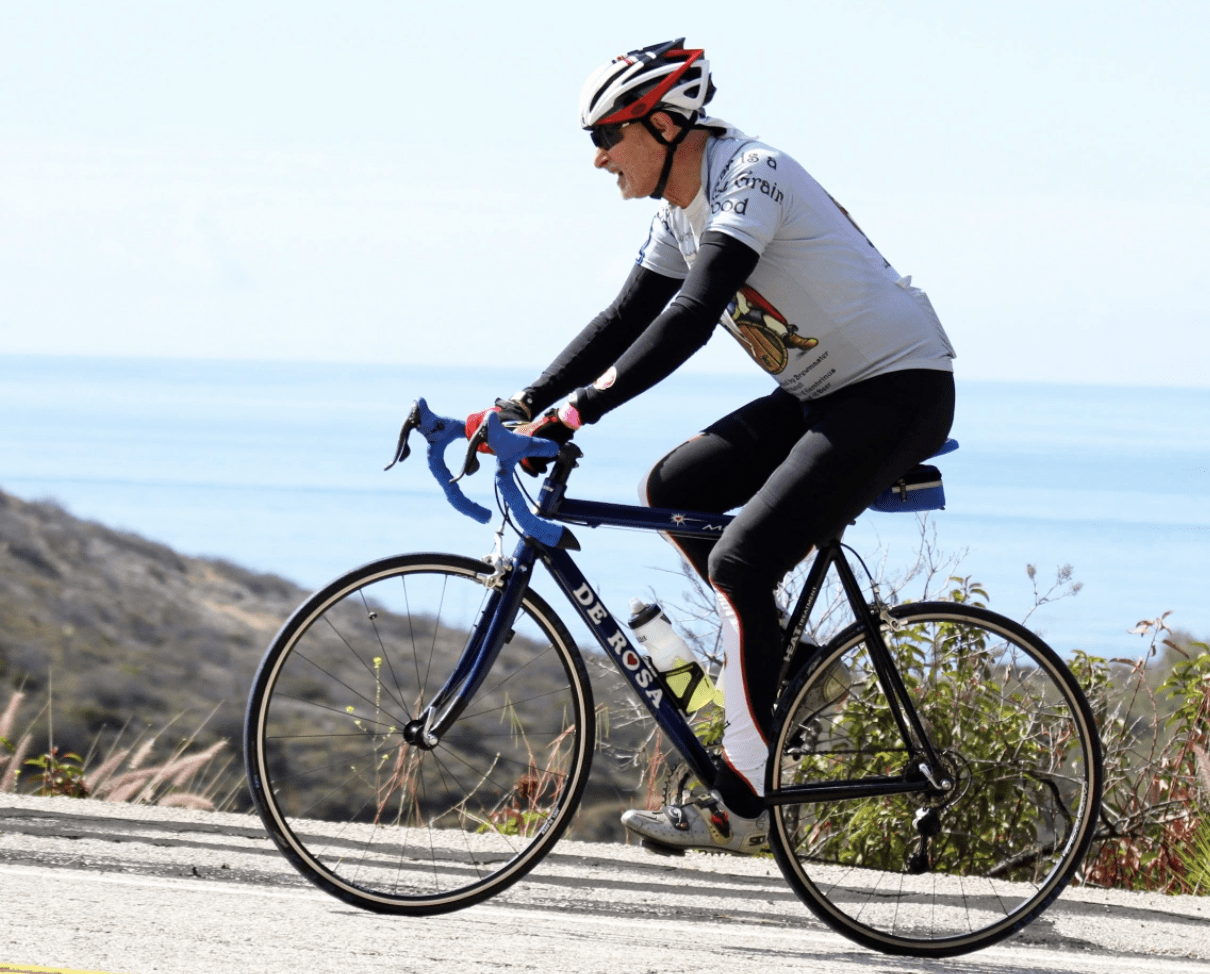MEDICAL NEWS TODAY – A large new analysis of meta-studies finds that exercise is more beneficial for conditions such as anxiety and depression than standard psychotherapy or medications.
The new study found that essentially all forms of exercise produced significant mental health benefits.
Shorter, high intensity exercise programs produced the greatest effect.
Exercise provided the greatest mental health benefit to people with depression, or who had been diagnosed with HIV and kidney disease, pregnant and postpartum women, and otherwise healthy adults.
An expansive analysis of existing research concludes that physical activity should be viewed as a first-choice treatment for people living with mental health issues. The analysis distills the conclusions of nearly 100 meta-reviews of randomized controlled trials.
Physical activity is 1.5 times more effective at reducing mild-to-moderate symptoms of depression, psychological stress, and anxiety than medication or cognitive behavior therapy, according to the study’s lead author, Dr. Ben Singh.
While the value of physical activity for people with depression and anxiety is widely recognized, it is not considered for managing such conditions as often as the study asserts it should be.
All forms of exercise can benefit mental health, the study found, although higher-intensity activities produce the strongest benefits.
The study found that briefer exercise programs provide more benefits than extended regimens. The benefits of physical activity interventions diminished with longer-duration programs.
This means that individuals with mental health issues need not commit to intensive, long-term exercise to achieve the maximum therapeutic benefit.
150 minutes a week
The analysis found that physical activity produced a median reduction in mental health issues from 42% to 60%. Psychotherapy and pharmacotherapy produced a much smaller improvement, between 22% and 37%.
“We found [that] doing 150 minutes each week of various types of physical activity — such as brisk walking, lifting weights and yoga — significantly reduces depression, anxiety, and psychological distress, compared to usual care, such as medications,” said Dr. Singh.
Exercise offered the greatest benefits, the analysis concluded, to people with depression, HIV and kidney disease, pregnant and postpartum women, and otherwise healthy adults …



